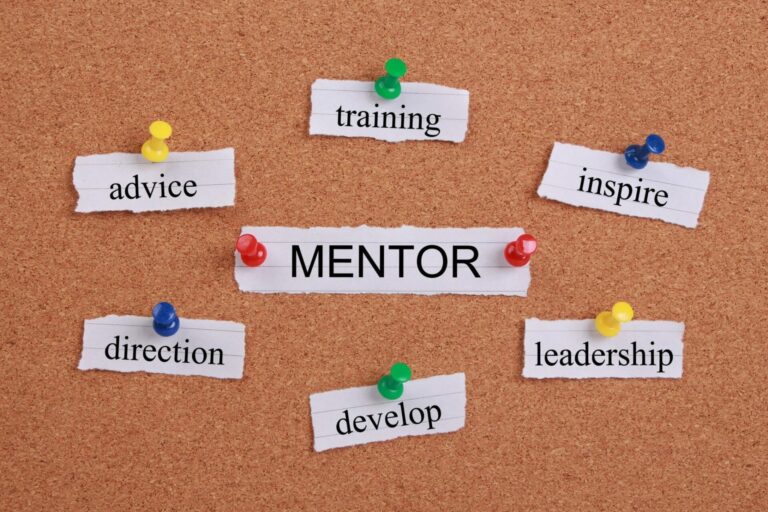The senior living industry is one that is dominated by women. According to a study conducted by Argentum, a national association of senior communities, four out of five people in the senior living workforce are female. While many businesses offer career paths for employees to follow, few encourage mentorships that specifically help women grow and develop on a more personal level.
All members of the workforce face challenges and concerns, but a woman finding another woman as a mentor might provide a higher level of relatability and shared experience. There are commons issues that everyone faces; things such as:
- Navigating work-related negotiations such as pay, benefits, etc.
- Developing and improving relationships at work
- Work-life balance challenges
- Increasing confidence and self-esteem
- Dealing with the mental, physical, and emotional rigors of caregiving
- Helping to outline and achieve professional and personal goals
If you are someone working in the senior living industry, you may be wondering how to go about finding a mentor who has experienced similar challenges and is willing to offer guidance through firsthand experiences. Here’s what you should know about mentors.
What to Look for in a Mentor
Mentors offer support that goes beyond making introductions. While those are important, being a mentor also means lending time and effort to help someone else navigate the workplace. Good mentors are trustworthy. A mentee can talk to them without worrying that their fears, concerns, and hopes might be shared with others.
Mentors are also great listeners. They understand how to give feedback in a way that inspires and motivates and doesn’t leave a mentee feeling inadequate or inferior. Being a good mentor is less about having all the answers and more about asking smart questions and helping the mentee discover their own answers. The essence of mentoring is in making suggestions, not instructing.
A good mentor knows it’s essential to help empower their mentee to feel confident in making thoughtful decisions and finding solutions. It’s also important that a mentor be willing to admit when they aren’t the best person to assist in a specific situation. Instead of giving well-intentioned but ill-informed advice, a good mentor will step back and help a mentee connect with the right person or resource.
The Role of Mentors in the Workforce
It’s also important to understand that mentors are not mothers or therapists. A good supporter knows not to blur these lines. In failing to maintain boundaries within the relationship, someone looking for guidance might end up relying too much on the mentor and not develop their own sense of accountability.
Serving as a mentor can result in a long-term relationship that will continue to nurture a more junior professional and empower them to realize full potential. As you look around your workplace, watch for a someone who not only seems knowledgeable about the senior living industry but also exemplifies a supportive spirit. Someone who is kind and empathetic but is willing to be tough when necessary.
Find a Lifelong Career at American Senior Communities
At American Senior Communities (ASC), we know women play an important role in helping maintain resident and patient satisfaction. We value each of our team members and are committed to their individual success and we encourage and support professional and personal growth for all our team members. Female leadership at ASC was recently recognized by Agrentum. Their Women in Leadership initiative acknowledges the critical to role that women, at all levels, play in shaping the success in communities and the broader senior living industry.
To learn more about career growth opportunities with ASC, please visit our online career center. You’ll find everything from current job openings and benefits package information to career paths, recruiting events and videos of current team members talking about life at ASC.




